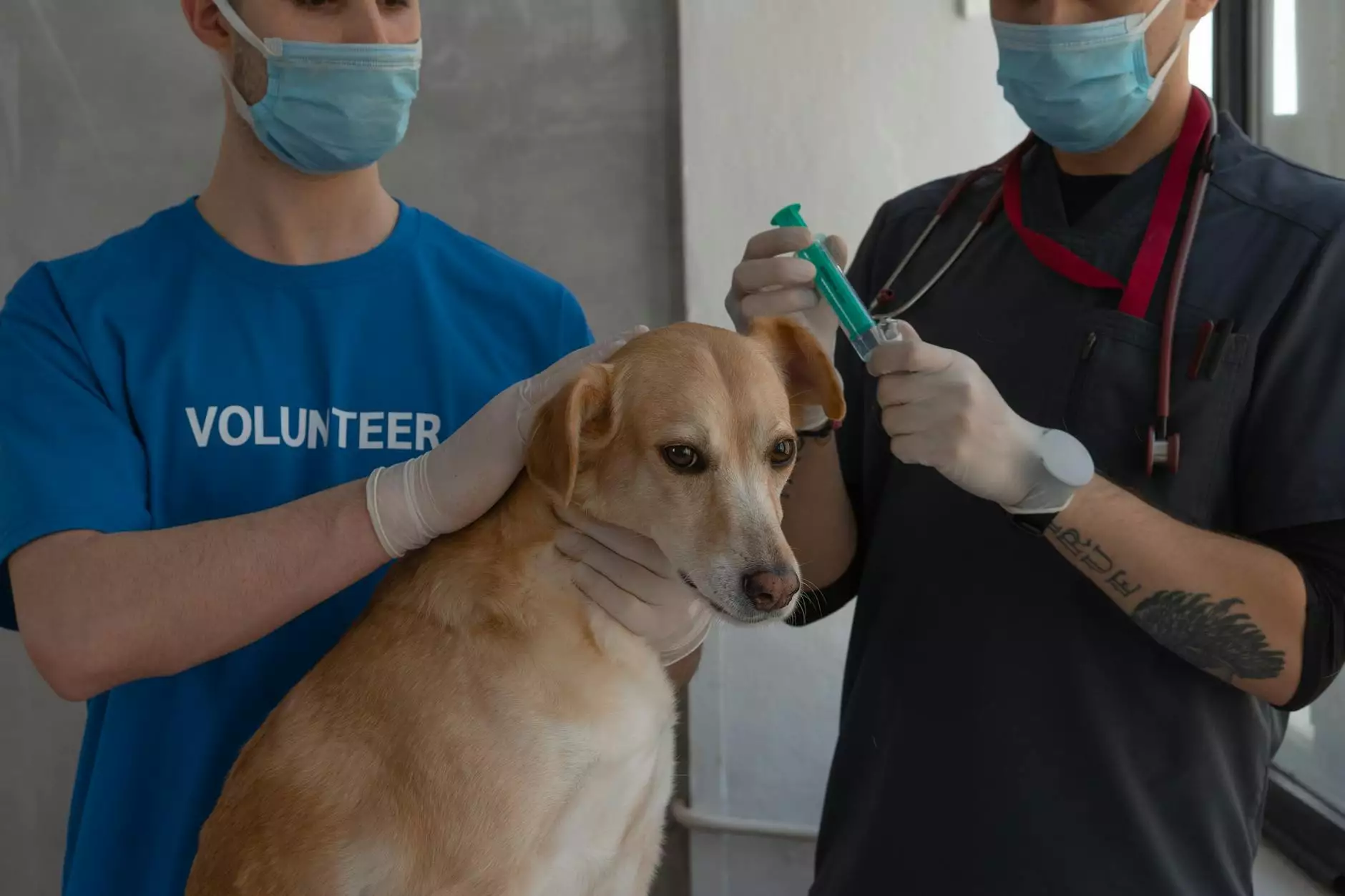Understanding Colon Cancer and the Role of Treatment Centers

Colon cancer, also known as colorectal cancer, is a significant health concern that affects millions of individuals worldwide. As the third most common cancer, it requires specialized intervention for successful treatment. Fortunately, there are numerous colon cancer treatment centers dedicated to providing high-quality care, advanced therapies, and comprehensive support for patients. This article explores the crucial aspects of colon cancer, the types of treatments available, and what to expect from top-tier treatment centers.
What is Colon Cancer?
Colon cancer begins in the colon, which is the final part of the digestive tract. It typically starts as small clumps of cells called polyps that grow on the colon's lining. Some of these polyps can develop into cancer over time. It's vital to understand the stages of colon cancer, which range from stage 0 (localized) to stage IV (metastatic). Early detection significantly enhances the chances of successful treatment, making regular screenings essential for individuals, especially those over 45.
Causes and Risk Factors
Colon cancer can be influenced by various factors, including:
- Age: Most colorectal cancers occur in people older than 45.
- Family History: Genetic factors play a significant role, as having a family history of colorectal cancer increases the risk.
- Diet: A diet high in red and processed meats may contribute to an increased risk of colon cancer.
- Obesity: Excess body weight is associated with a higher risk of colorectal cancer.
- Smoking: Tobacco use is a well-known risk factor.
- Alcohol Consumption: Heavy drinking can increase the risk of developing colon cancer.
Importance of Specialized Treatment Centers
When diagnosed with colon cancer, patients benefit significantly from treatment centers that specialize in oncological care. These colon cancer treatment centers are designed to provide tailored treatments and multidisciplinary support to enhance recovery and improve outcomes.
Comprehensive Care Approach
The most effective treatment centers embrace a comprehensive care approach, integrating various specialties and resources to support patients throughout their journey. This may include:
- Oncologists: Specialized physicians who diagnose and treat cancer.
- Surgeons: Experts in performing surgical procedures to remove cancerous sections.
- Nurses: Skilled professionals who provide care and education.
- Dietitians: Specialists who help develop nutrition plans that support recovery.
- Psychologists and Social Workers: Support teams that address the emotional and psychological effects of cancer treatment.
Types of Treatments for Colon Cancer
Colon cancer treatment can vary based on the stage of the cancer and the overall health of the patient. The principal treatment options include:
Surgery
Surgery is often the first line of treatment for patients with localized colon cancer. The most common surgical procedures include:
- Colectomy: Removal of a portion of the colon.
- Partial Colectomy: Removal of the cancerous section along with some nearby healthy tissue.
- Colostomy: A procedure that may be required if a portion of the colon needs to be removed, leading to an opening in the abdomen.
Radiation Therapy
Radiation therapy uses high-energy rays to target and kill cancer cells. It is often used in combination with surgery, especially for rectal cancer, to decrease the size of the tumor before surgery or to eliminate remaining cancer cells.
Chemotherapy
Chemotherapy employs drugs to kill cancer cells or stop their growth. It's commonly used when surgery isn't an option or when the cancer has spread. Many treatment centers offer targeted therapies or immunotherapy as part of their chemotherapy regimen.
What to Expect at a Colon Cancer Treatment Center
Visiting a colon cancer treatment center for the first time can be overwhelming. Understanding what to expect can help ease anxiety and prepare you for your journey.
Initial Consultations
During your first visit, a team of healthcare professionals will perform an extensive evaluation. This typically includes:
- Medical History Review: Your doctor will review your symptoms, medical history, and family history of cancer.
- Physical Examination: A thorough physical exam will be conducted.
- Diagnostic Imaging: Tests like CT scans, MRI, and colonoscopies may be ordered to assess the extent of cancer.
Creating a Personalized Treatment Plan
After evaluation, the medical team will collaborate to design a personalized treatment plan tailored to your specific needs. This plan may combine various therapies and will be continually adjusted based on your progress.
Support Services at Treatment Centers
Top colon cancer treatment centers recognize the importance of providing holistic support to patients and their families. Some resources available include:
- Nutritional Counseling: Tailored diet plans to improve health and manage treatment side effects.
- Psychosocial Support: Access to counseling services that help address emotional challenges.
- Survivorship Programs: Resources to assist patients in transitioning to life after treatment.
- Support Groups: Connecting with other cancer survivors to share experiences and advice.
Choosing the Right Colon Cancer Treatment Center
Selecting the right treatment center can significantly impact your treatment experience and outcomes. Here are some key considerations:
- Accreditations: Ensure the center is accredited by relevant medical boards and organizations.
- Specialization: Look for centers that specialize in colorectal cancer for the most advanced care.
- Multidisciplinary Team: Investigate if the center has a team of experts from different specialties available.
- Patient Support Resources: Evaluate the availability of support services such as counseling, nutrition, and financial guidance.
- Location: Consider the proximity of the treatment center for convenience during treatment.
Conclusion
Colon cancer is a challenging diagnosis, but with the right support and treatment, patients can navigate their journey and achieve successful outcomes. Colon cancer treatment centers play a vital role in providing innovative therapies, comprehensive care, and supportive services. By understanding the treatment process and seeking out specialized facilities, patients can take proactive steps in managing their health. Remember, early detection remains one of the most critical factors in the fight against colon cancer, so regular screenings are essential for those at risk. Empower yourself with knowledge and seek the best care available.









